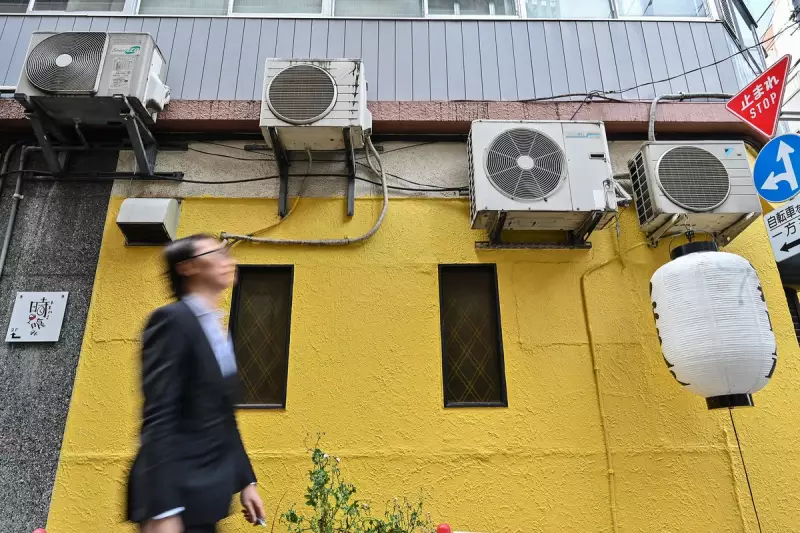
A surprising new front has opened in Britain's culture wars, and it's emanating from the hum of the air conditioning unit. Groundbreaking research has uncovered a profound political divide in who chooses to cool their homes artificially, turning the thermostat into an unlikely political symbol.
The Chilling Political Divide
Academic analysis has revealed a startling correlation: Britons who identify with right-wing political views are significantly more likely to install and use air conditioning systems. This trend persists even when accounting for income levels, property types, and regional climate variations across the UK.
The study suggests that air conditioning adoption has become entangled with broader ideological positions on climate change. For some, it represents a tangible rejection of environmental concerns and a declaration of personal comfort over collective responsibility.
Climate Change Denial at the Thermostat
Researchers found that scepticism towards climate science was a powerful predictor of air conditioning use. Those who doubted the reality or severity of global warming were considerably more inclined to invest in cooling systems, viewing them as a necessary tool against what they perceive as exaggerated environmental concerns.
This mentality creates a vicious cycle: increased AC use drives higher energy consumption, which in turn contributes to the very climate change that necessitates more cooling—a feedback loop of environmental disregard.
Beyond Comfort: A Symbol of Ideology
The research positions air conditioning as more than mere household appliance. It has evolved into what sociologists term a 'material ideology'—a physical manifestation of political beliefs installed in living rooms and bedrooms across the nation.
This phenomenon reflects a broader pattern where everyday consumer choices, from cars to diets, have become politicised markers of identity in increasingly polarised societies.
The Environmental Cost of Staying Cool
The implications extend beyond political symbolism. Widespread air conditioning adoption carries serious environmental consequences:
- Substantial increase in electricity demand during peak summer months
- Higher carbon emissions from energy production
- Use of potent greenhouse gases in refrigerant systems
- Contribution to urban heat island effects as waste heat is expelled
Alternative Approaches to Beat the Heat
Environmental advocates suggest more sustainable cooling strategies that are gaining traction among those concerned about climate change:
- Improved building insulation and passive cooling design
- Strategic use of shading, ventilation, and thermal mass
- Adoption of high-efficiency electric fans
- Behavioural adaptations such as adjusting clothing and schedules
- Urban greening initiatives to reduce ambient temperatures
As Britain faces increasingly frequent and intense heatwaves due to climate change, the question of how we stay cool has become unexpectedly heated. The humble air conditioner has found itself at the centre of a complex debate where personal comfort, political identity, and planetary health collide.





